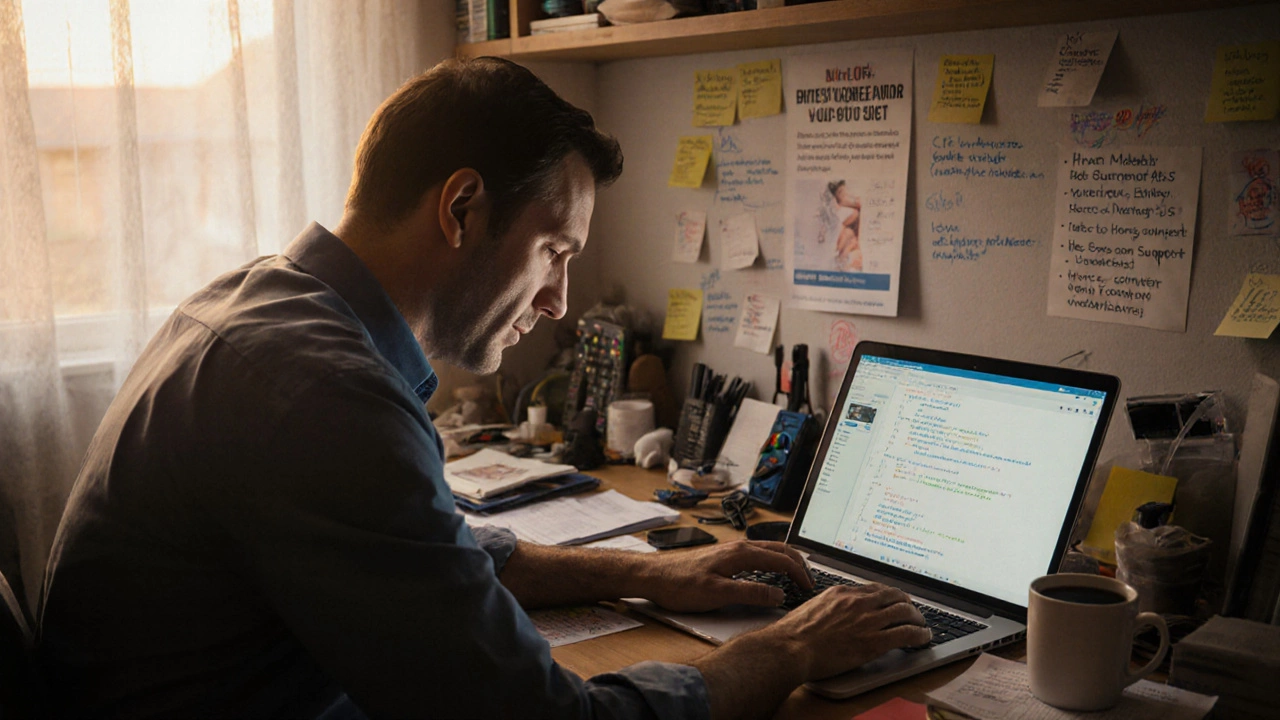Malcolm Knowles and Adult Learning Principles That Actually Work
When we talk about how adults learn, we’re really talking about Malcolm Knowles, an American educator who revolutionized how we understand adult learning by developing the theory of andragogy. Also known as the father of adult education, he didn’t just study learning—he watched real people, in real jobs, trying to get better, and figured out what actually stuck. Forget the old school idea that kids and adults learn the same way. Knowles proved they don’t. Adults aren’t empty cups waiting to be filled with facts. They’re problem-solvers with lives, responsibilities, and goals. They need to know why before they invest time.
That’s where andragogy, the science of adult learning that Knowles built to contrast with pedagogy (child-focused teaching). Also known as self-directed learning, it’s not just a buzzword—it’s a system. Adults learn best when they control the pace, pick the problems to solve, and connect new info to what they already know. Think about it: when you learned to use a new app, did you read the manual first? Or did you jump in, hit a wall, then search for help? That’s andragogy in action. It’s why online courses with clear goals and real-world tasks outperform lecture-style training. It’s why adults quit programs that feel disconnected from their lives. And it’s why the best early childhood educators—like those at Nottingham Nursery School—start building these habits early: curiosity, ownership, asking questions.
Knowles didn’t just talk about theory. He laid out five clear principles that still hold up today: adults need to know why they’re learning something, they learn best by doing, their life experience is their biggest asset, they’re motivated by solving real problems, and they want to be treated as equals—not students. These aren’t just for corporate training or night school. They’re the quiet backbone of every successful learning environment, even for preschoolers. When a child chooses which block tower to build, or asks why the sky is blue, they’re already practicing self-direction. That’s not luck. That’s the foundation Knowles spent his life proving matters.
What you’ll find below are posts that connect directly to Knowles’ ideas—how adults learn, how that shapes teaching, and how those same principles quietly influence early education. You’ll see how self-directed learning shows up in tutoring, why adult education methods are being used in schools, and what really makes a course stick. No fluff. Just clear, practical insights from real examples.
What Is an Example of Adult Learning Theory? Real-World Cases That Work
Andragogy, developed by Malcolm Knowles, is the most well-known example of adult learning theory. It explains why adults learn best when they understand the purpose, connect learning to experience, and control their own pace. Real-world examples show how this works in training, language learning, and career changes.
